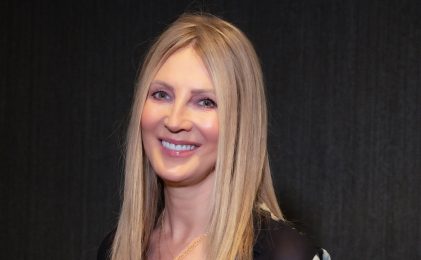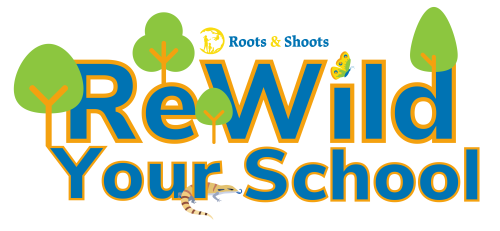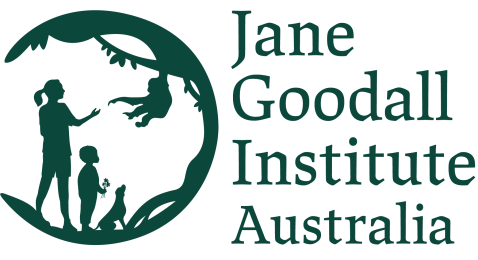
On this day, sixty years ago, world famous animal behavior expert and conservationist, Dr. Jane Goodall, founder of the Jane Goodall & UN Messenger of Peace, first stepped foot in what is now Gombe National Park to begin her pioneering study of the wild chimpanzees. Now, six decades later, having become recognized as Guinness World Records’ longest-running study of wild chimpanzees, and one of the longest-running studies of any wild mammal, Goodall’s research with the chimpanzees of Gombe continues to bring discoveries, spark innovation and instill hope.
In 1960, a young British woman arrived on the shores of Lake Tanganyika, Tanzania, for the first time. Without realizing it, she would soon change the world forever. Then twenty-six-year-old Goodall was tasked by her mentor Dr. Louis Leakey with being the first to formally observe and better understand our closest living relatives in the animal kingdom: wild chimpanzees. Goodall’s subsequent groundbreaking discoveries revealed remarkable truths about chimpanzee behavior and humankind.
Today, on July 14, 2020, the Jane Goodall Institute marks the 60th anniversary of Goodall’s research. As a trailblazing researcher, Goodall’s discoveries in Gombe and worldwide influence inspired generations across fields, breaking barriers in science and beyond. Dr. Goodall’s example and story spurred a global movement, encouraging scientific expansion and a significant increase in the number of women in STEM fields. Goodall’s living legacy continues to influence many different areas of science for millions of individuals, institutions, organizations, and beyond.
Through groundbreaking research in Gombe spanning 60 years, Goodall, the Jane Goodall Institute (JGI), and research partners from University of Minnesota, Duke University, University of Arizona and many others have uncovered incredible insights, forever redefining our understanding of human origins and our relationship to the rest of the animal kingdom. Goodall’s recorded observation that chimpanzees make and use tools is considered one of the greatest contributions of the 20th century.
From her early discoveries observing chimpanzee communities in the 1960s to the current descendants, detailed observations of the G, F, and other family lineages have yielded an incredible wealth of knowledge, including chimpanzee mother-infant bonds, compassion, emotionality, intelligence, social hierarchies, meat consumption and hunting, and even primitive warfare,. These insights have shaped not only public understanding of our unique likeness to our closest living relatives but also their innate value as sentient, complex beings, and the need to protect them. The impact of this unique place of discovery spans primate behavior, evolution, health, and ecology with the tremendous possibility for new and important findings.
Through critical work in Gombe and the larger Greater Gombe Ecosystem, Dr. Goodall and the Jane Goodall Institute have not only highlighted the urgent need to protect chimpanzees from extinction, they have also redefined “species conservation” to put human communities at the center. JGI’s innovative community-driven conservation approach, Tacare, utilized around Gombe, and across the chimpanzee range in Africa, is one of the world’s most significant examples of collaboration with local people for species conservation. Through this collaboration, the protection of vital great apes and habitats happens through local ownership of land-use and conservation planning, promoting community development that takes nature into consideration. Honoring 60 years of discovery, JGI is proud to showcase the revolutionary scientific discoveries, community-driven conservation, trailblazing legacy, and exciting future of our work in Gombe.
“It is so hard to believe we have reached this milestone,” said Goodall. “I am so deeply appreciative of all of the students, colleagues, other researchers, local communities, TANAPA, TAWIRI, and the Government of Tanzania and, most importantly, the chimpanzees of Gombe themselves, for helping us get here. Though the pandemic prevents us from marking the anniversary in person together, I look forward to joining with all 23 chapters of the Jane Goodall Institute and our friends over the next year in celebrating virtually, and hopefully one day again in person.”
MORE ABOUT #GOMBE60:
- Gombe 60 Live with Dr. Jane Goodall – 4 p.m. UTC – Facebook Live
- Gombe 60 StoryMap created in partnership with Blue Raster and Esri
- Gombe 60 Microsite








